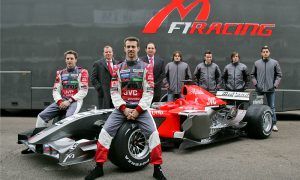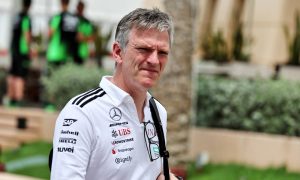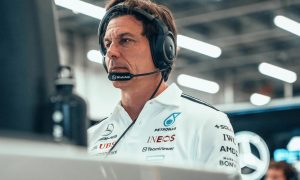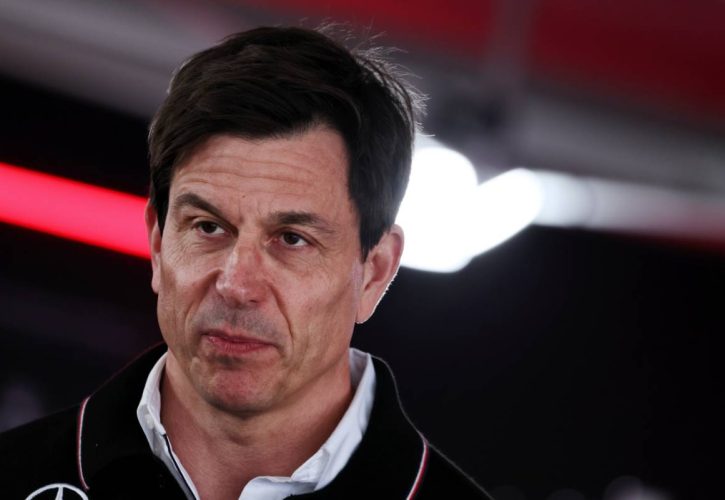
Mercedes F1 team boss Toto Wolff had initially planned to skip this weekend’s Japanese GP, but amid his team’s troubles the Austrian felt that his presence was required in Suzuka.
Ahead of the start of Mercedes’ 2024 campaign, Wolff singled out several fly-away races – including Suzuka – that he would to miss in order to better manage his workload amid F1’s ever-expanding calendar.
However, a troubled start to Mercedes’, including a double retirement in the Australian Grand Prix, prompted a change of heart.
Wolff recognized the importance of being physically present with the team during this critical juncture rather than remaining in Europe, particularly as Mercedes planned crucial experiments on its W15 car in Japan to help boost its performance.
“I had planned not to come to Japan because there's so much on back in Europe, things to do,” explained Wolff. “But then I felt not coming to Japan was the wrong choice.
“I think it's important to be with the race team also. It does me good also to be close to the action.
“We are experimenting with a few things and then being part of the team really gives me energy. I hope the other way around too. So that's why I decided against staying in Europe.”
Mercedes' struggles in 2024 come as another bitter pill to swallow after a lean period in Formula 1's ground effect era. Since the regulation changes in 2022, the Brackley squad has managed just a single victory, a far cry from its dominant past.
Mercedes’ lack of success fueled a period of intense analysis within the team. Fundamental flaws – not the lease its zero sidepod aero concept – were identified on the outfit’s previous designs.
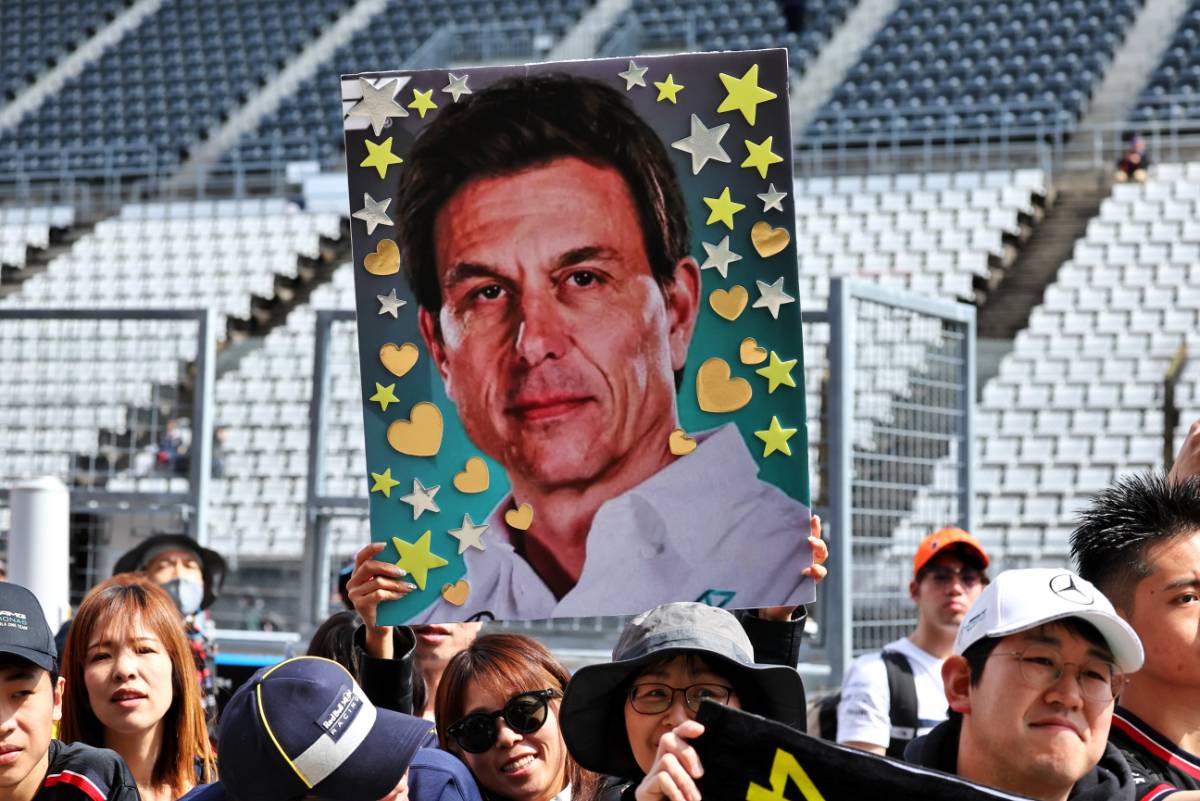
Armed with the lessons of their investigations and studies, Mercedes’ engineers designed the W15
with the express purpose of finally bridging the gap to Red Bull.
Unfortunately, those high hopes haven't materialized yet. Despite the early season woes, Wolff maintains his unwavering confidence in his team's ability to return to the top step of the podium.
We're a sports team,” he said. “We've won eight times in a row and that hasn't been done before.
“You have periods where you struggle like any other sports team and you can't win every time, and that's why this is a super challenge.
It's not a race, it's not one single season and then you come back out on top, and it is the third one in a row.
“But I remain absolutely convinced that we will be looking back in a few years and saying that was so tough but so important for the development of the team from maybe an organisational standpoint, from re-evaluating our tools and systems, which clearly don't work as good as they did in previous regulations.”
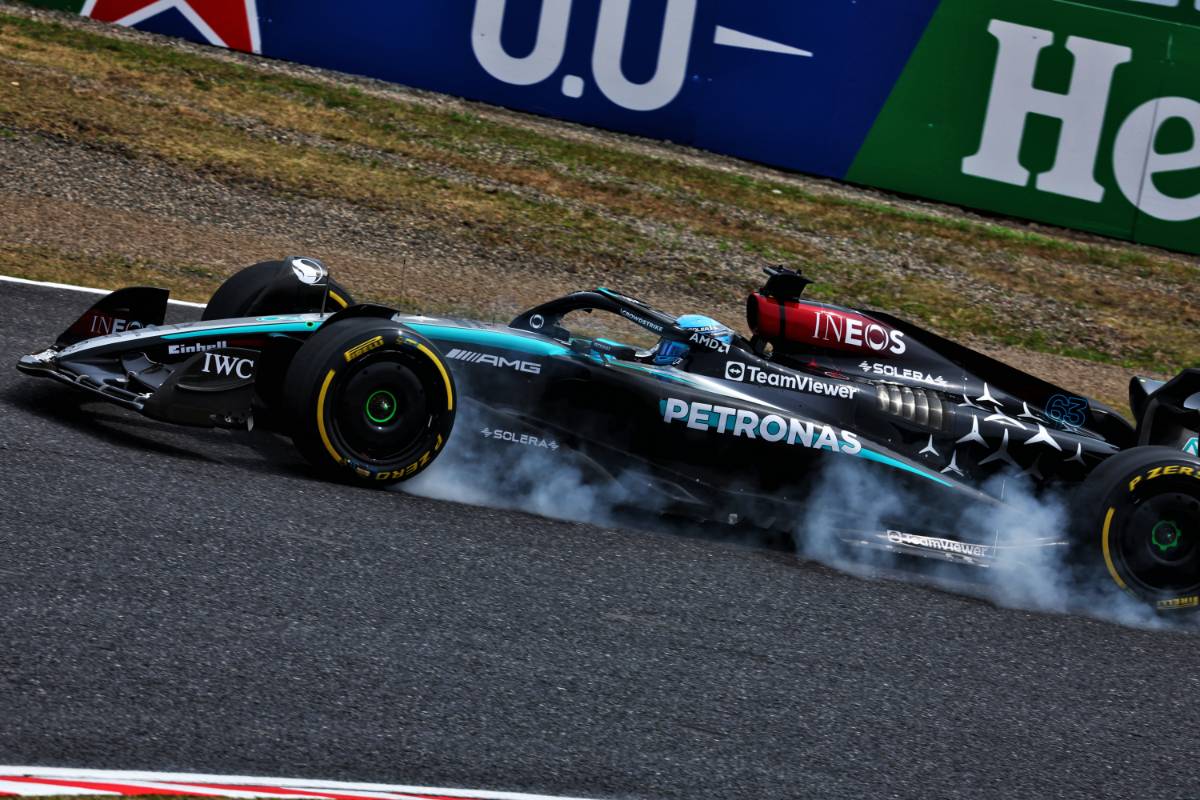
Wolff admits that Mercedes’ brightest minds remain puzzled by the data discrepancies they have noted between the team’s wind tunnel and simulation work and the car’s on-track performance.
“There is a crook somewhere in the system because we're measuring downforce much more than we see on the lap time,” added Wolff. “And that's something that we have been struggling since those regulations came in in 2022.
“So, we are at the point now where we are trying new avenues in order to assess how we can really translate the performance that we see in the virtual world into the road, which we haven't been able so far to do.”
Keep up to date with all the F1 news via Facebook and Twitter



